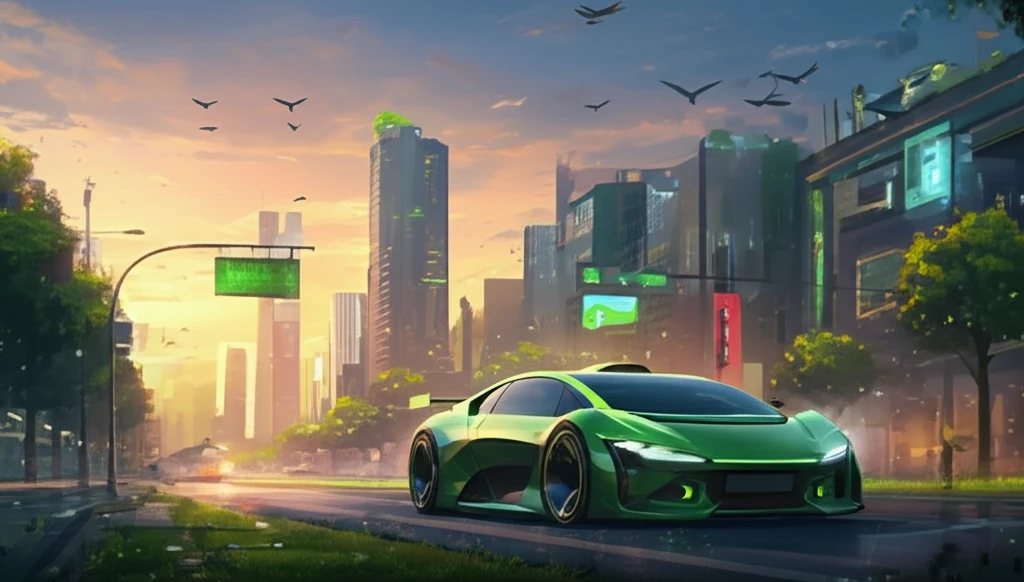
EV Revolution: Are Your Travel Habits Ready for Electric?
"Discover how switching to an electric vehicle could transform your daily routines and travel choices, and what it means for sustainable living."
Electric vehicles (EVs) are zooming into the mainstream, promising a greener way to get around. But switching from a traditional gas guzzler to an EV isn't just about swapping engines; it's about rethinking your entire travel lifestyle. The shift can lead to unexpected changes in your day-to-day routines.
A recent study dives deep into how drivers adapt when they go electric. Researchers explored what happens when drivers face the limitations (or the freedom) of EV range. The results offer a peek into the future, where EVs could reshape our cities and our lives.
This article breaks down the key findings of that study, highlighting how you might change your travel patterns if you made the switch to an electric vehicle. We'll explore everything from public transport to shopping trips, and how 'range anxiety' might become a thing of the past.
Range Anxiety or Freedom: How EVs Reshape Your Travel

One of the biggest concerns about EVs is range—how far can you go on a single charge? The study looked at how drivers adjust when faced with limited range or, conversely, with the freedom of a long-lasting battery. The findings reveal some interesting shifts in behavior.
- Embracing Public Transport: Drivers were more likely to hop on a bus or train, especially if the travel time wasn't much longer than driving.
- Rethinking Trip Purpose: Shopping trips and visits to friends were often the first to get canceled. Work trips? Those were usually non-negotiable.
- The Shopping Spree Effect: With a longer-range EV, shopping trips became the go-to activity. More range equals more shopping.
- EVs Replace Public Transport: Some drivers ditched public transport altogether, opting for their EV even for trips they previously would have taken on public transport.
Driving Change: The Future of EV Travel
The shift to electric vehicles is more than just a change in technology—it's a chance to reimagine how we move. As EVs become more common, understanding how they influence our travel habits is key to creating sustainable cities and lifestyles. Whether it's embracing public transport or planning those extra shopping trips, the EV revolution is set to transform our journeys.
